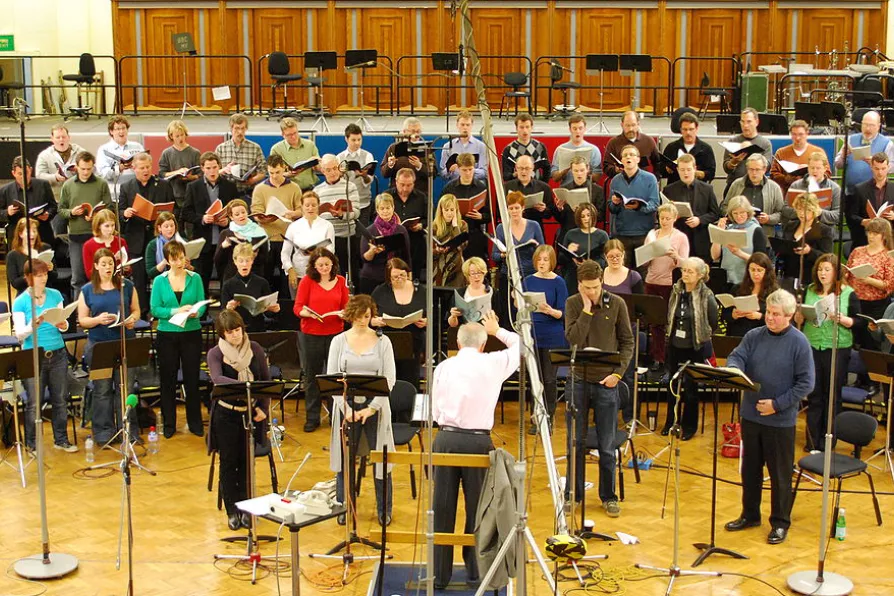Climate activist and writer JANE ROGERS introduces her new collection, Fire-ready, and examines the connection between life and fiction

 The closure of the BBC Singers is a heinous act of cultural vandalism
[VocalEssence Ensemble Singers/CC]
The closure of the BBC Singers is a heinous act of cultural vandalism
[VocalEssence Ensemble Singers/CC]
ON March 7, the BBC announced their New Strategy for Classical Music. Following a year of review, which they say explores the culture sector as a whole, while investigating the BBC’s role within it, the new strategy supposedly will “strengthen its public purpose for classical music, delivering the best music to a wider audience, with a significant new investment in music education”.
The five key points of this strategy are:

CHRIS SEARLE speaks to Ethiopian vocalist SOFIA JERNBERG

BEN LUNN alerts us to the creeping return of philanthropy and private patronage, and suggests alternative paths to explore

STEVE JOHNSON, CHRIS SEARLE and TONY BURKE review new releases from Steve Knightley, Jupiter & Okwess, Jason Palmer, Lisa Knapp and Gerry Driver, Kin'Gongolo Kiniata, Ingrid Laubrock/Tom Rainey, Dan Sealey, Simin Tande, PAZ











